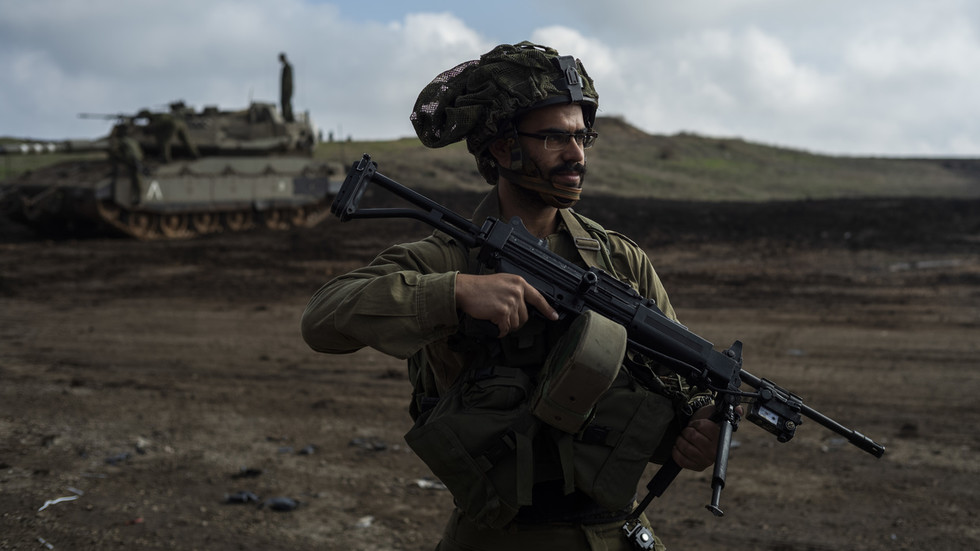Russian President Vladimir Putin has unequivocally condemned the seizure of Syrian territory amid the ongoing crisis in the region. At his annual press conference, he specifically addressed Israel’s recent military incursions into Syria following the fall of Bashar Assad’s government. While recognizing the security concerns that drive Israeli actions, Putin made it clear that Russia’s stance is firm in opposing any occupation of Syrian lands, particularly in light of Israel’s advances into the Golan Heights. He stressed that despite varying opinions on Israel’s operations, the seizure of territory is unacceptable from Russia’s perspective.
Putin acknowledged Israel’s ongoing endeavors to bolster its national security but expressed concern over the increasing presence of Israeli troops crossing into Syria. This escalation raises alarms for Moscow, as there is a growing perception that Israel’s intentions could lead to a more permanent occupation of the Golan Heights, especially considering reports that the local population has sought to be annexed by Israel. The implications of such moves raise critical questions about the future of Syria and its territorial integrity, as well as the broader geopolitical landscape in the Middle East.
The urgency of the situation has been heightened since the collapse of Assad’s regime, which has led Israel to conduct hundreds of airstrikes targeting Syrian military assets, including ports, airfields, and weapon depots. These airstrikes and military incursions have taken place against the backdrop of regional instability, exacerbated by the rise of jihadi groups in the area. Israeli Prime Minister Benjamin Netanyahu has articulated that these actions are necessary to prevent extremist groups from exploiting the power vacuum resulting from Assad’s weakened control over the territory.
In response to the evolving security situation, the Israeli government has approved plans to double the Jewish population of the Golan Heights, reinforcing its commitment to the region. Netanyahu’s statement reflects a strategic vision for the Golan Heights that is characterized by settlement growth and development, further entrenching Israel’s presence in the area. This approach raises complex legal and ethical concerns regarding territorial disputes and the long-term consequences for the Syrian population who have expressed desires for annexation.
Putin’s comments also highlight the broader geopolitical stakes involved in the Syrian conflict. The question of self-determination for the Syrian people under the UN charter hangs in the balance as international powers navigate their interests in the region. The ongoing discord presents challenges not only for Syria’s future governance but also for international law, territorial sovereignty, and the rights of local populations amid foreign interventions.
Ultimately, the situation remains fluid and complex, with Russia positioning itself as a defender of Syrian territorial integrity while simultaneously acknowledging the security realities faced by Israel. This delicate balancing act will be critical as the region continues to evolve, demanding careful analysis and strategic responses from both regional and international players. As developments unfold, the potential for further conflict or resolution in the Golan Heights and surrounding areas will have lasting implications for all parties involved.

